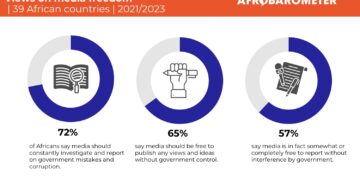Cedi extends bearish streak against hard currencies
The Cedi continues to face headwinds, extending its bearish trend against major trading currencies.
Last week, the Cedi exhibited a 0.37% and 0.4% decline against the US Dollar on both the interbank and retail market segments. This trend has been accentuated by limited foreign exchange (FX) liquidity conditions.
The Cedi’s performance this year has been notably challenging. It closed flat against the US Dollar on the retail market year-to-date (YTD), marking a significant shift from a 2.58% appreciation reported at the end of September 2023.
Notably, the USD to GHS pair registered a 25.2% weakening YTD, with a 2.92% decline in October 2023 alone. This has resulted in a substantial GHS 0.50 spread between the reference interbank and retail exchange rates.
Despite the persisting seasonal pressures, the Bank of Ghana (BoG) has been actively engaged in monitoring the market. The central bank’s efforts have restricted trading activity, and the BoG has continued to intervene with intra-day liquidity support, involving the daily sale of approximately US$2.5 million on the spot market. This intervention is aimed at mitigating intra-day volatility.
However, barring any significant injections of FX liquidity into the market, it is anticipated that the pressure on the Cedi will persist throughout November 2023. The foreign exchange landscape remains a key area of concern for both policymakers and market participants as they navigate the complexities of exchange rate dynamics in the country.









